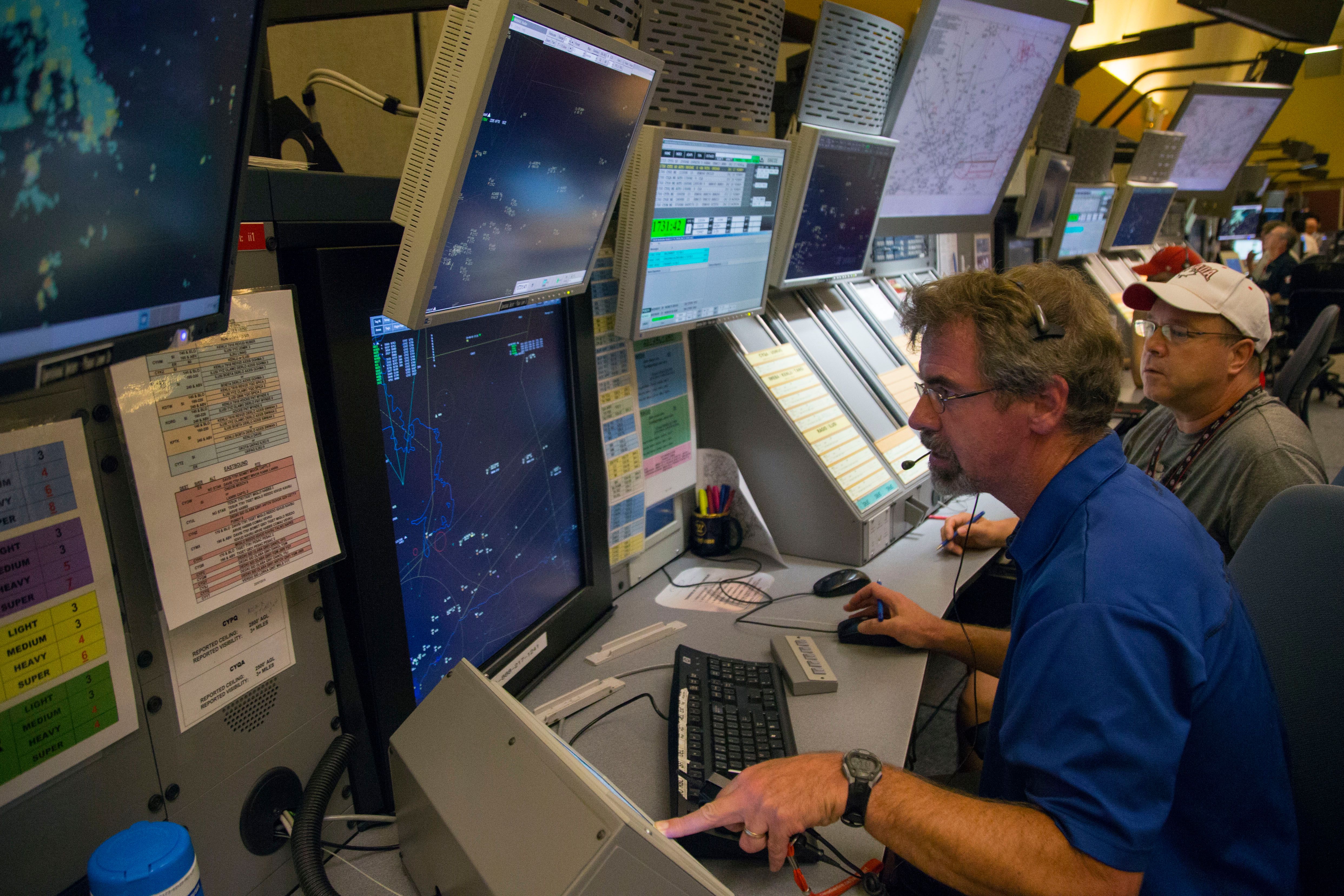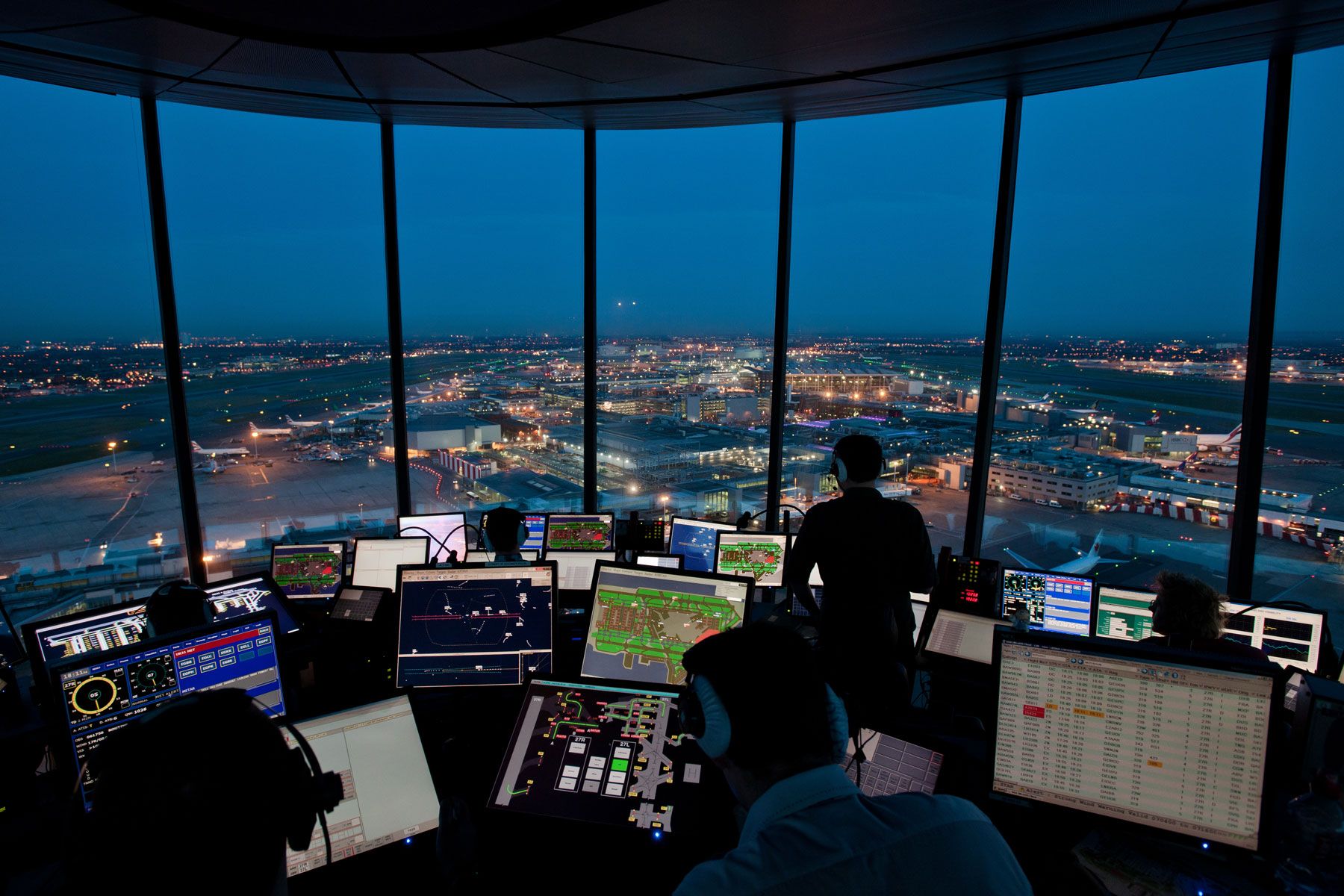The path to becoming an air traffic controller is quite interesting and varies from place to place. This is because requirements are set by the civil aviation authorities of each country. While the basic requirements for becoming a lawyer or doctor are fairly standard around the world, learning to manage the aircraft flying above our heads seems to be a fairly different process.
Each country is different
From our research, it would appear that every country has different requirements in order to become an air traffic controller (ATCO). In general, however, we can say that the following requirements seem to exist in some form across the board:
- Meet a basic standard of medical fitness (standards vary)
- The completion of secondary school (high school) education
- Have the legal right to work in the country of the organization (this varies from full citizenship to simply having the appropriate work permit)
- Have acceptable English skills
Outside of these basic requirements, it does seem to vary wildly from authority to authority.
Examples around the world
Let's take a look at a few examples across various national aviation authorities when it comes to becoming an ATCO. The lists below exclude mentions of the basic medical and legal requirements as they appear to be fairly similar:
Eurocontrol
To work at this intergovernmental organization as an ATCO, you will be given specialized training. Eurocontrol will pay for that training, while also providing trainees with a monthly allowance while they learn. However, to be eligible for consideration, applicants must:
- Be younger than 27 when the training starts
- Have completed your secondary education at an advanced level, with mathematics as one of your subjects
- Not have failed similar training elsewhere
NATS
To work as an ATCO for this UK organization, you'll also be trained by the firm itself. Indeed, the NATS website notes that the length of this college-based training varies and depends on several factors, including the specialism chosen and how quickly trainees can complete different phases. However, it's noted that training takes a year to eighteen months and includes a combination of practical and theory-based sessions.
To be eligible for consideration for this training, applicants must:
- Be 18 years of age or older
- Achieve 5 GCSEs at Grade 4 or Scottish National 5’s Grade A-C including English and Maths. Equivalent qualifications are accepted.
NAV CANADA
Becoming an ATCO in Canada starts off similar to that of NATS or Eurocontrol. "Becoming an Air Traffic Controller or Flight Service Specialist does not require any prior experience or specialized training – all training is provided..." NAV CANADA's website states.
To be eligible, however, candidates must among other things:
- Be 18 years or older,
- Have a high school diploma (or equivalent)
FAA
The following is required to be an ATCO with the Federal Aviation Administration:
- Be age 30 or under (on the closing date of the application period)
- Pass a security investigation
- Have three years of progressively responsible work experience, or a Bachelor's degree, or a combination of post-secondary education and work experience that totals three years
The FAA also notes that it has a partnership with selected colleges and universities in the form of the Air Traffic-Collegiate Training Initiative (AT-CTI) Program. This, it says, is a valuable source of applicants for air traffic controller positions. A few sample programs mentioned on its list include:
- Arizona State University, which among other programs, offers a Bachelor of Science (BS) in Aeronautical Management Technology (Air Traffic Management)
- The Broward College Air Traffic Control program
- Jacksonville University Air Traffic Control track
Conclusion: It depends on where you live
As a result of our research, it's clear that becoming an ATCO doesn't simply consist of enrolling in a specific school program. Rather, it appears that the bar is actually quite low when it comes to being eligible for consideration. However, considering the challenging mental conditions that ATCOs endure, it's a safe bet that various organizations are quite strict with selecting applicants to enroll in their respective training programs.
For those thinking of becoming air traffic controllers, what is required in your country? And if you're an air traffic controller, what was the path to getting your job? Let us know by leaving a comment!


